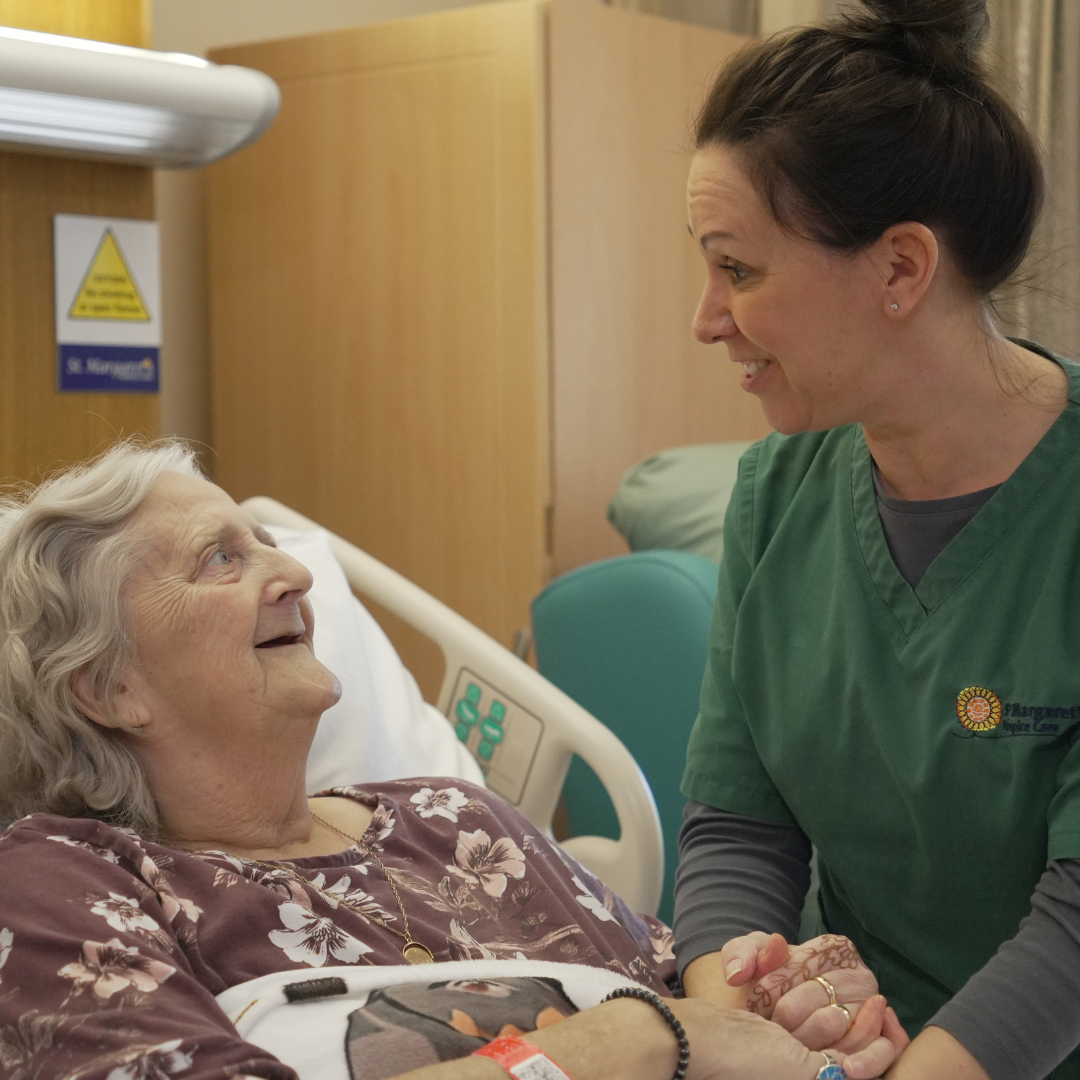What is safeguarding?
Safeguarding means protecting a person’s right to live in safety, free from abuse and neglect. It is about people and organisations working together to prevent and stop both the risks and experience of abuse or neglect, while at the same time making sure that the adult’s wellbeing is promoted including, where appropriate, having regard to their views, wishes, feelings and beliefs in deciding on any action (Care and Support Statutory Guidance DoH March 2016).
Abuse is a single or repeated act or lack of appropriate action occurring within any relationship where there is an expectation of trust, which causes harm or distress to a vulnerable person. Abuse can take many forms and can be perpetrated anywhere by anyone. It can be accidental, as the result of lack of knowledge or understanding, or done with intent to harm. Whatever the circumstances or reason, it is against the law.
The term safeguarding describes a range of policies, procedures and activities aimed at upholding every individual’s fundamental right to be safe from such harm.
Safeguarding is everybody’s business
We all share a responsibility both corporately and individually to ensure that every person in society is treated with dignity and respect and protected from others who may abuse them. All staff and volunteers of St Margaret’s Hospice Care who come into contact with patients in the course of their work have a duty of care to safeguard and promote their welfare and to work to prevent, detect and report neglect and abuse.
If you are concerned
Our social work team are able to offer advice and support in relation to any safeguarding issue. If you are worried that you, or an adult known to St Margaret’s Hospice may be at risk of harm or abuse, please talk to a member of staff or to our Social Work Team on 01823 333822 or 01935 709480, who are able to offer advice and support.
We will listen to your concerns and talk to you about next steps. In certain situations, we may need to pass on the information you share, but we will always talk to you and keep you informed.
If an adult or a child is at immediate risk of harm, or a crime has been committed please contact the emergency services via 999.
Alternatively, you can report your concerns directly to the Local Authority where the person resides.
Reporting a child safeguarding concern:
If you are concerned about a child who is known to St Margaret’s Hospice, you can discuss your concerns with the Social Work Team on 01823 333822 or 01935 709480, or any other clinician involved in their care.
Alternatively, you can report your concerns directly to the Local Authority where the child resides.
For out of hours/weekend concerns for adults and children, contact the Emergency Duty Team on 01823 333822 or 01935 709480

